What is a Retrofit?
Retrofitting your home is the process of adding insulation or renewables (solar panels, heat pumps) to your already finished house.
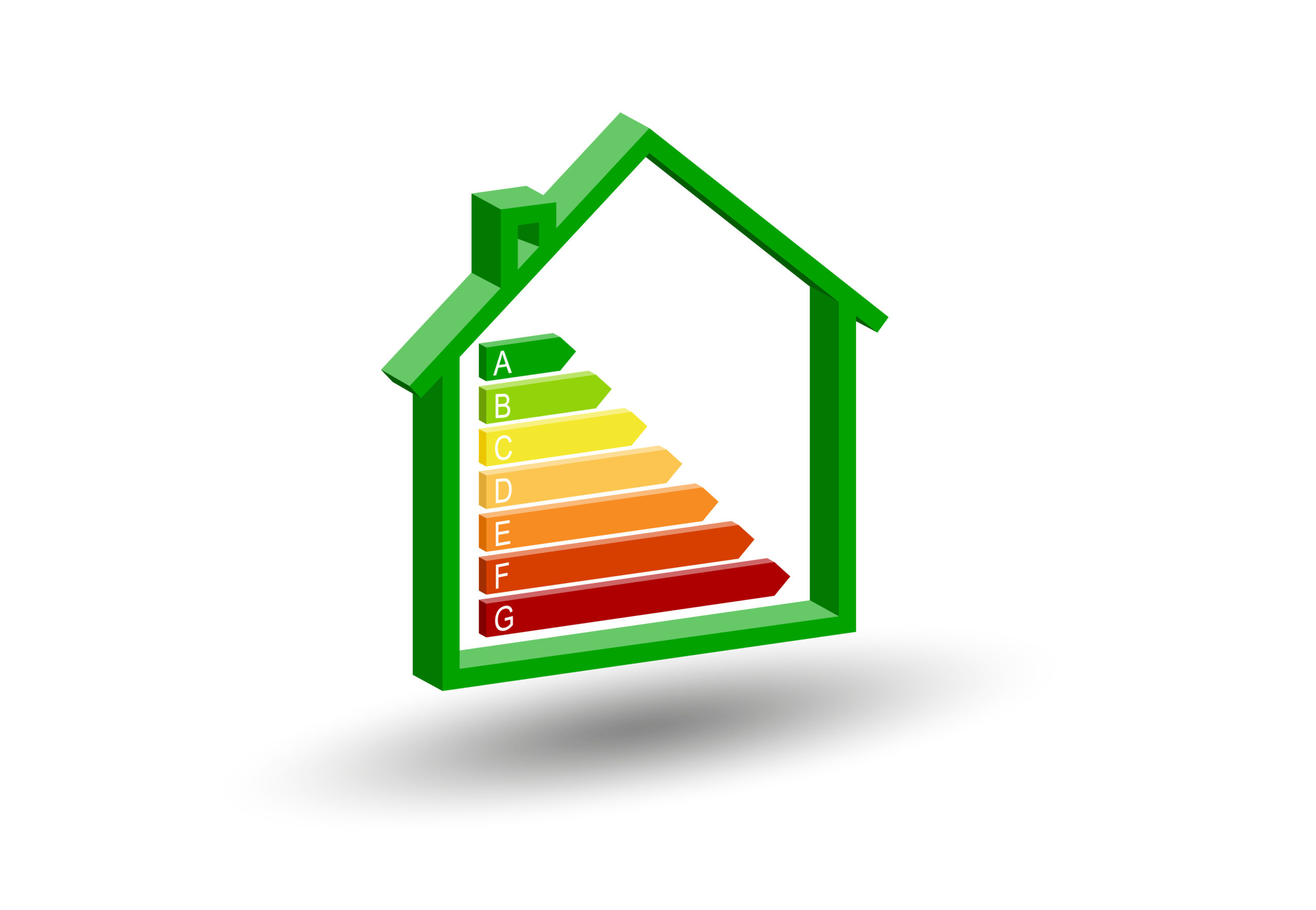
BER Certification
Click here to find out how a BER will guide you through upgrading your home.
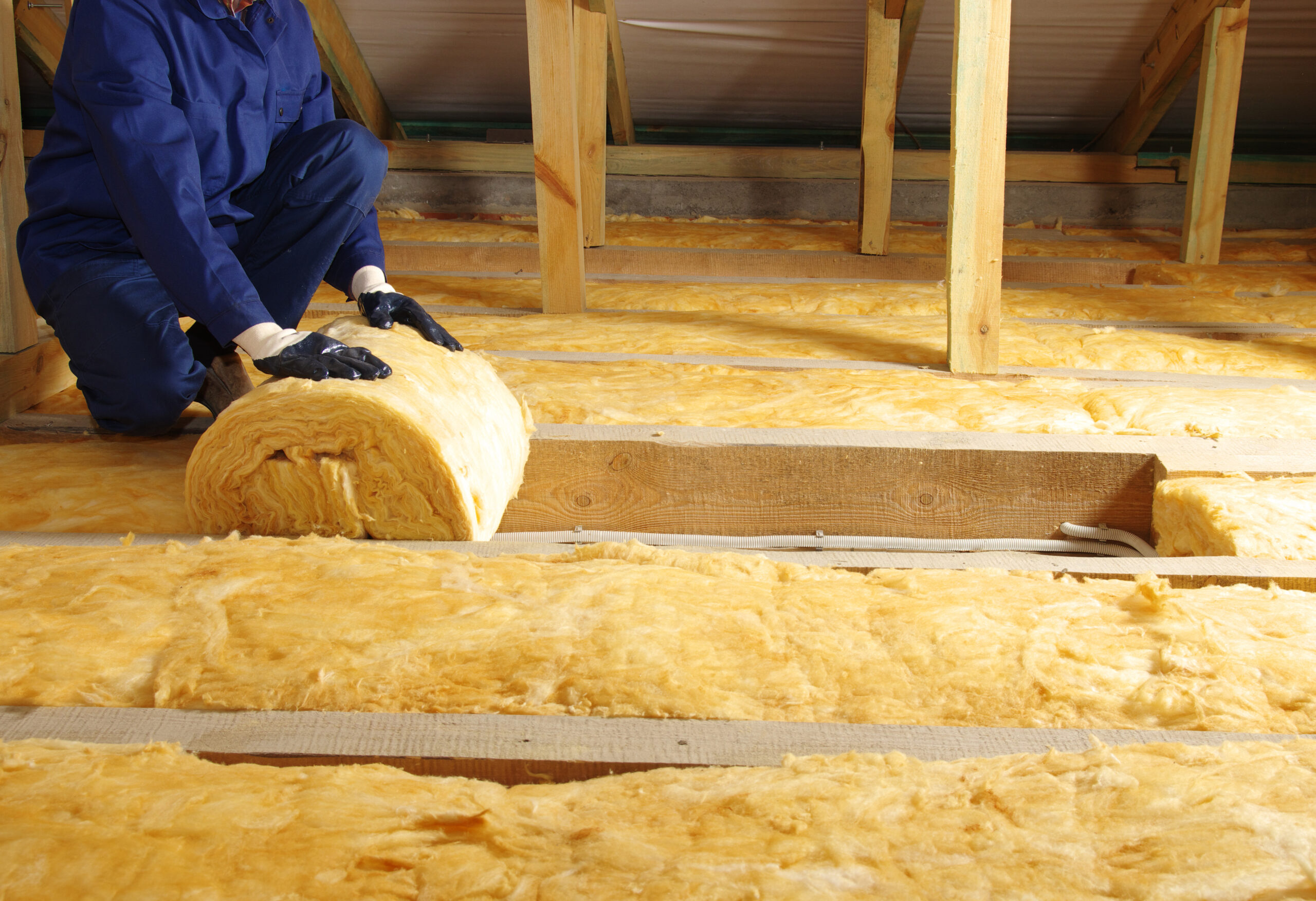
Insulation
Insulation is the first and most important part of your retrofit. Click here to find out about the different types of insulation you can add to your home.
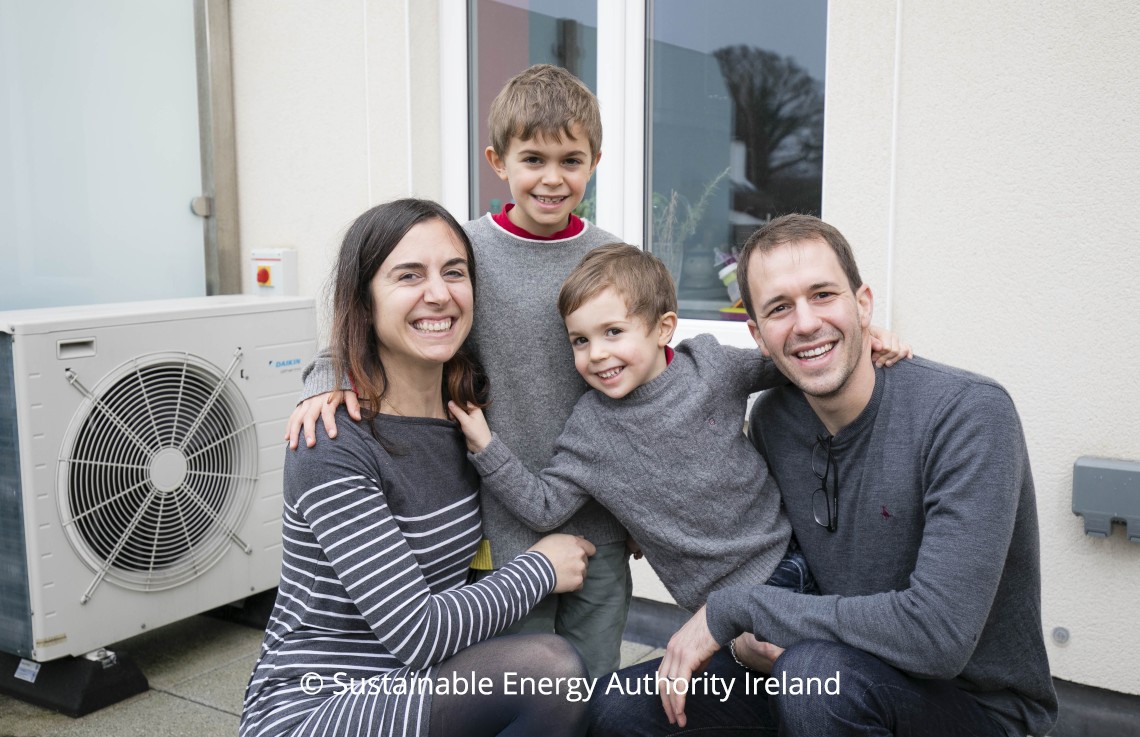
Heat Pumps
A heat pump is the most energy efficient way of heating your home. Click here to find out about the different types of heat pump and everything you need to know before installing one in your home.
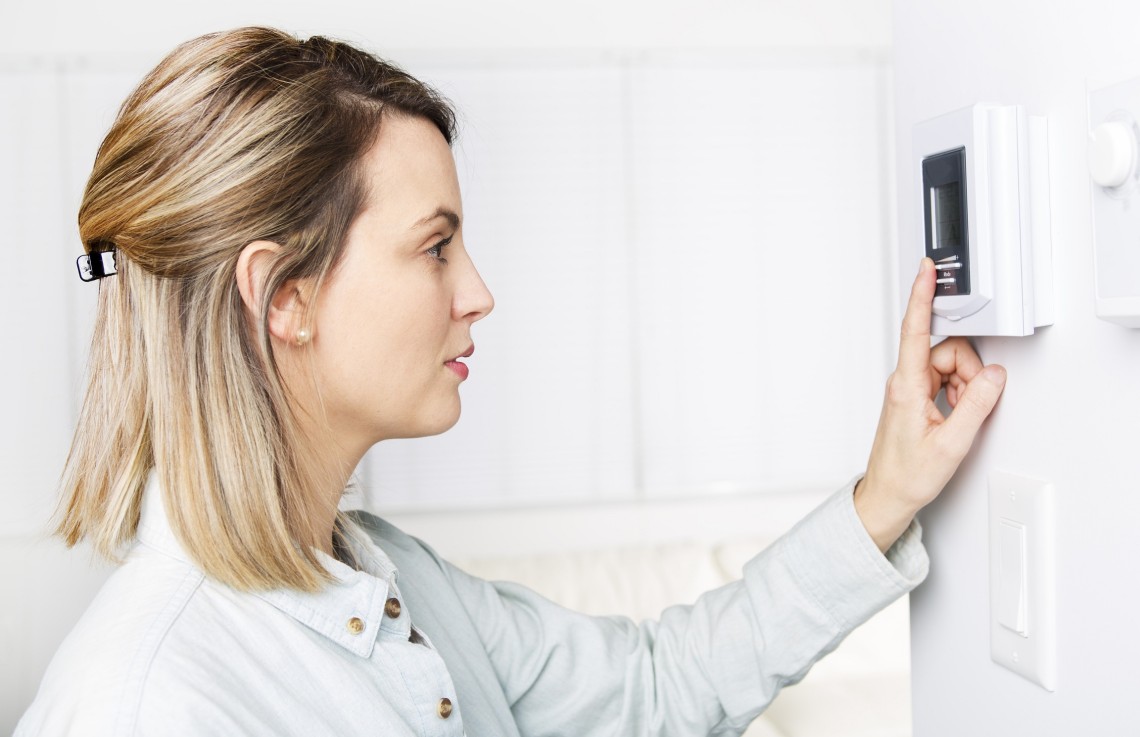
Heating Controls
Heating controls will ensure that your heating system is working efficiently. Click here to find out to find out how heating controls work and if you need them.
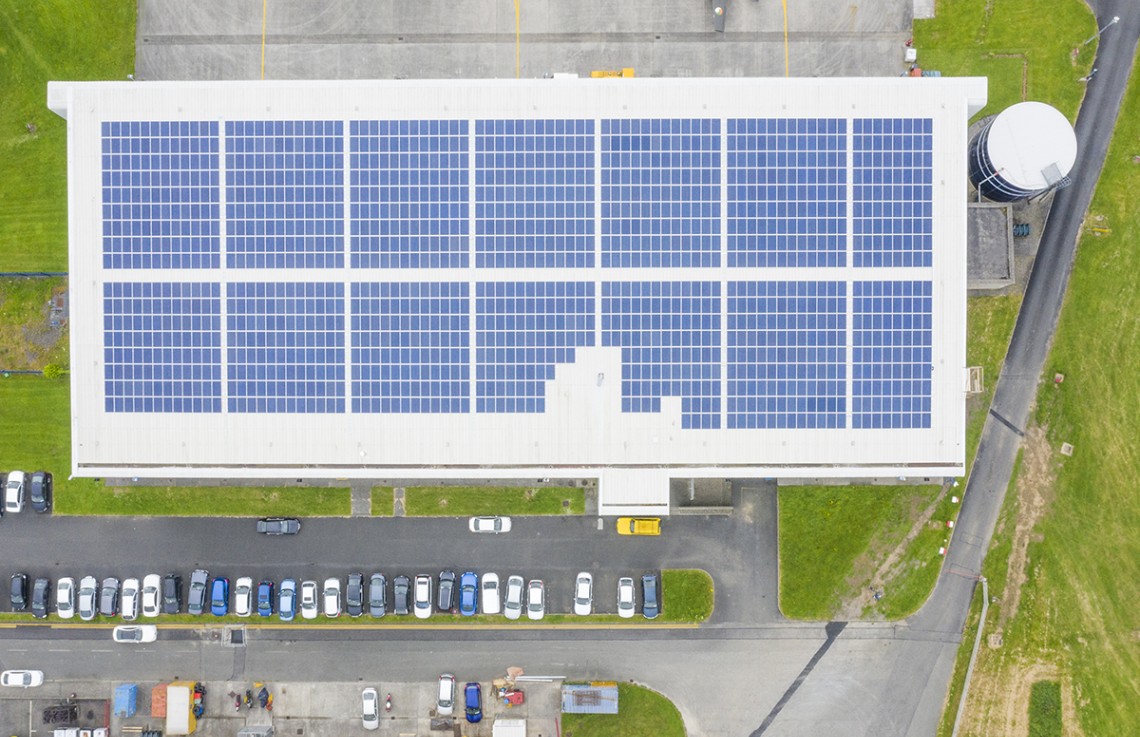
Solar PV
Solar p.v panels generate electricity for your home from the sun and will save you money on your electricity bills. Click here to find out how it works and what the benefits are.
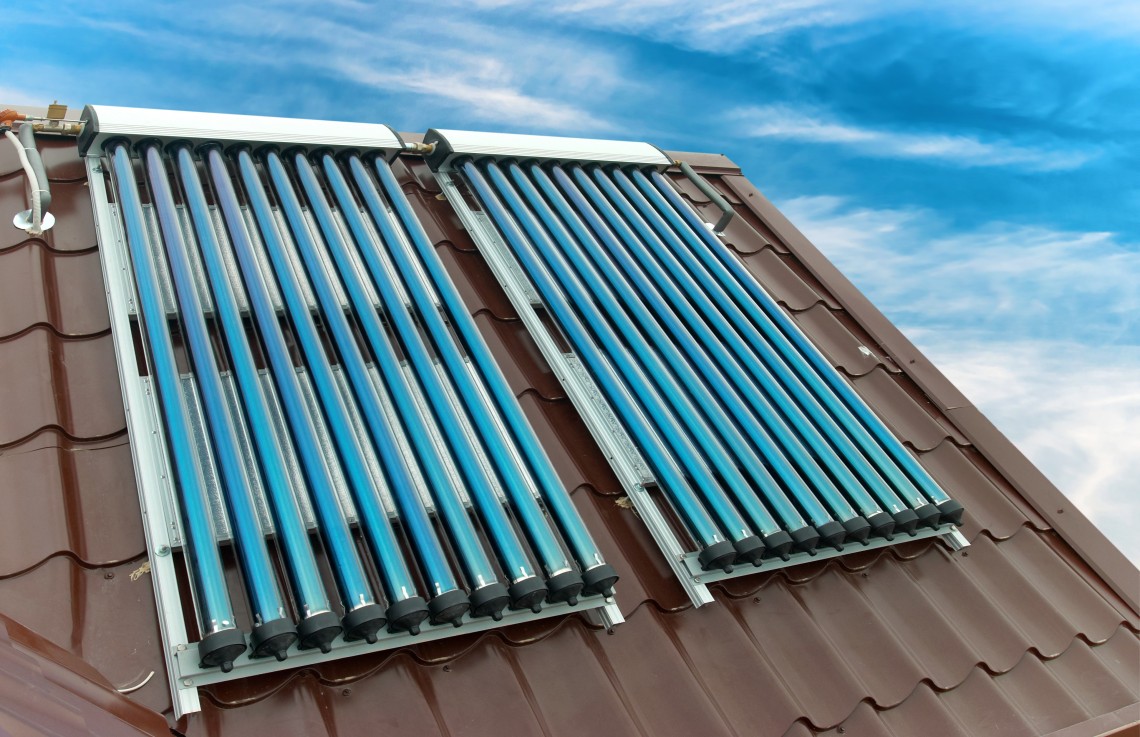
Solar Thermal
Solar thermal will heat water for your home using solar power. Click here to find out everything you need to know about it.
3 steps to a warmer home
If your home was built pre 2011 it may need multiple upgrades to increase comfort levels and reduce your energy bills. Your home energy upgrade journey should be done in three steps. Following this process gives you the best results for your investment at every stage.
1. Assess
First you need to understand what home energy upgrades would benefit your home the most. A BER assessment now comes with a detailed advisory report, tailored to your home. This report gives you a roadmap to achieve a minimum B2 energy rating for your home. Use the report to decide which upgrades you want to carry out.
2. Insulate
The next step is to insulate your home. This will help to keep your valuable heat in your home, increasing your home comfort and reducing your heating bills. Insulation can include the attic, external walls, cavity walls, and floor. You may also consider installing new windows and doors. Learn about insulation in our home energy guide.
Did you know?
- A home loses 20 – 30% of its heat through the walls
- A home loses up to 30% through a poorly insulated attic
- Even if you have some attic insulation you should upgrade it to today’s standard
If you stop after completing this step you will benefit from a warmer home that is cheaper to run.
3. Add renewables
Now you can add a renewable energy system to your home to provide heat, hot water or electricity. The most popular renewable systems are heat pumps, solar water heating panels and solar photovoltaic panels.
Adding renewable energy to your home will reduce your energy bills and help you to achieve an A-rated home. It will also support the move away from fossil fuels.
